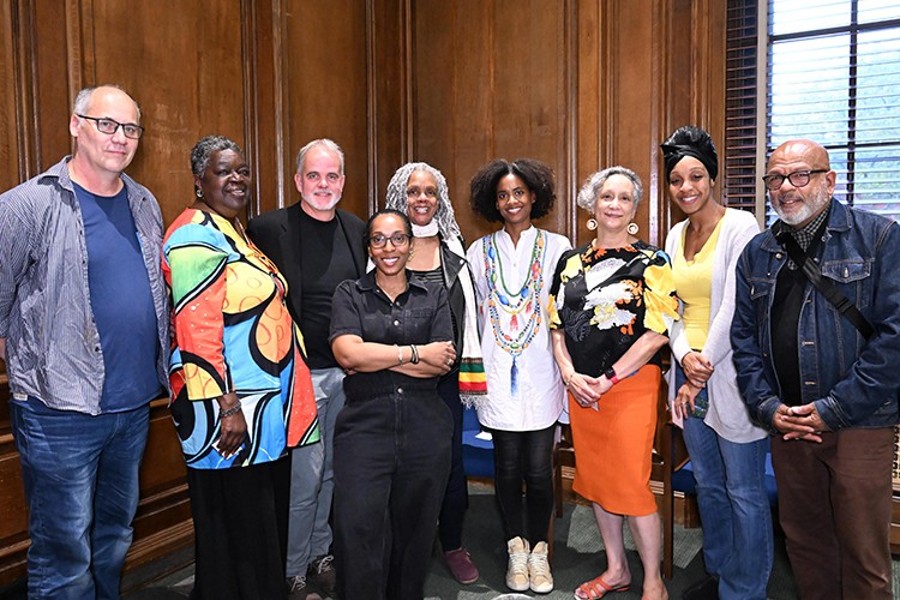 Most people spend the majority of their lives working hard to acquire different assets and property. Even though most individuals prefer to stay at the moment, it is crucial that we think about the future and what happens after we are no longer around. This is particularly important when you have family, and you want to ensure that they are left with some sense of financial security when you are no longer able to provide for them.
Most people spend the majority of their lives working hard to acquire different assets and property. Even though most individuals prefer to stay at the moment, it is crucial that we think about the future and what happens after we are no longer around. This is particularly important when you have family, and you want to ensure that they are left with some sense of financial security when you are no longer able to provide for them.
Putting the last will in place is a common procedure for many people – this basically ensures your property is adequately distributed among your loved ones. Estate planning goes beyond this, and you can even decide who makes decisions about your health and your children’s care in case of your death or your incapacitation. When this procedure is not done properly, it can develop many complications for your loved ones and even conflict. In this article, we will discuss the seven most common estate planning mistakes you should recognize and avoid.
1. Trying To Plan Your Estate Around Specific Assets
A very common mistake a lot of people make when putting an estate plan together is to attempt to plan around specific assets. For example, declaring that a property will go to a specific person. This may seem like the right thing to do, but you may end up benefiting certain beneficiaries over others, causing your plan to not go ahead as intended.
2. Trying To “Do It Yourself”
Another frequent mistake when devising estate plans is an attempt to do it yourself. Many people assume that they can do this themselves and that that way it is better as they know what is going on. However, there are professionals that are specifically qualified and experienced in this industry, and they may be the best option so that you can do this effectively. An Atlanta estate planning law firm suggests that consulting with a professional is a smart move so that you can avoid making common mistakes associated with devising an estate plan. It may be costly consulting with a professional, but the consequences of some mistakes in your estate plan can be much devastating.
3. Failure To Minimize Estate Taxes
Not many people are aware that estate plans can incur certain expenses to your family members if not done properly. This lack of awareness leads to beneficiaries having to pay additional taxes on the property that is passed on to them. The main reason people put estate plans into place, other than securing the future of their property, is to ensure that their family members are financially secure. This additional tax fee may cause them the financial burden that you are trying to avoid.
4. Not Reviewing The Estate Plan
Estate plans should be put into place at the earliest opportunity, rather than when you believe it needs to be done because you have fallen ill. As you can imagine, life changes massively all the time, meaning that you may gain or lose assets overtime or change your mind about your beneficiaries. For this reason, it is crucial that you review your estate plan at least every couple of years, or whenever you deem necessary. This will avoid confusion or your property being distributed wrongly.
5. Not Taking The Time To Choose An Adequate Executor
The executor of your estate plan is someone that has the responsibility of how your property is distributed. A common mistake that people make is not taking the time to properly choose the rightful executor to do this for them. An executor can be a relative or a friend but needs to be someone that you fully trust. There have been some scenarios where executors have purposefully amended estate plans so that it benefits them.
6. Putting Your Children On Title To Your House
This is a very common mistake, as people believe that they are doing the right thing by putting their children’s names on their property. However, when you put an asset in co-ownership with your children, you make them co-owners of the property with you. This can result in a variety of issues. Making your child a co-owner of your property is a taxable gift according to IRS regulations.
7. Failure To Protect A Disabled Beneficiary
If one of your beneficiaries is considered to have a disability, it is important that you think about specific considerations when putting your estate plan, which many people mistakenly fail to do. As part of your estate plan, you can leave the disabled beneficiary with specific inheritance drafted to safeguard them and ensure they are eligible for public assistance. Without this in place, it would mean that most of their inheritance would have to be spent on medical fees and support with the disability.

Putting an effective estate plan is crucial so that your property can be properly distributed and your relatives can benefit from financial security after you are no longer around. The information above will give you an idea of some common estate planning benefits people make so that you can avoid these.
Become a Harlem Insider!
By submitting this form, you are consenting to receive marketing emails from: Harlem World Magazine, 2521 1/2 west 42nd street, Los Angeles, CA, 90008, https://www.harlemworldmagazine.com. You can revoke your consent to receive emails at any time by using the SafeUnsubscribe® link, found at the bottom of every email. Emails are serviced by Constant Contact








